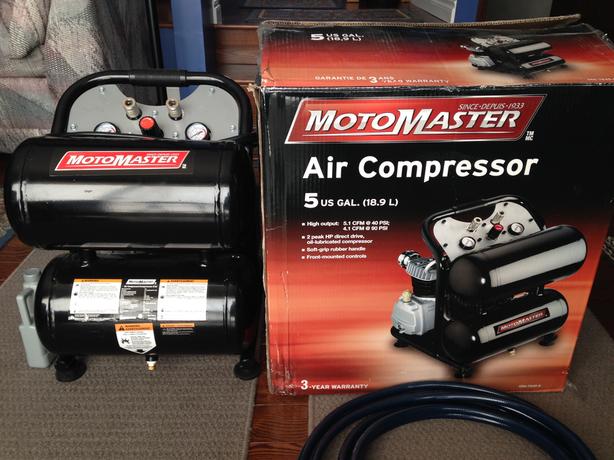A handy item like an air compressor may substantially improve the efficiency of your garage. An air compressor may expedite numerous operations and increase efficiency, from powering pneumatic tools to blotting tires and cleaning equipment. Use it wisely and take care of it properly to get the most out of this priceless equipment. In this article, we’ll go over crucial advice for making the most effective use of air compressors in your garage.
1. Select the Proper Accessory
To get the best performance out of your air compressor, use the right attachments and accessories. Whether you’re spraying, nailing, or cleaning with it, be sure you have the appropriate hoses, nozzles, and connectors for the job. Not only does using the right accessories increase efficiency, but it also increases safety.
2. Verify the necessary air pressure
Different air pressures are needed for various tasks. Check the recommended air pressure for the particular tool or application you’re using before using the air compressor. Make sure you are working within the necessary range by making the necessary adjustments to the compressor’s pressure settings.
3. Consistently Check and Maintain
Your air compressor must have regular maintenance to be in good operating condition. Before each usage, check for any leaks, frayed connections, or damaged parts. In order to keep dust and debris from getting into the compressor, clean or replace air filters as necessary. Regular maintenance provides consistent performance as well as extending the life of the compressor.
4. Drain Water
As they compress the air, air compressors produce moisture, which can build up in the tank and cause corrosion. Regularly drain the moisture from the tank to avoid this. A drain valve is typically included on compressors for this purpose. Include it in your regular maintenance to prevent any potential problems.
5. Oil Moving Components
Lubricating any moving components, like pistons or cylinders, on your air compressor is essential to ensure smooth performance. To guarantee optimum performance and lessen wear, adhere to the manufacturer’s recommendations for lubrication intervals and use the recommended oil.
6. Be Aware of the Temperature
The environment’s temperature has an impact on air compressors. Extreme temperatures might affect their effectiveness and function. If you’re working in extreme temperatures, think about utilizing a compressor that is made for them, or make sure there is enough ventilation and insulation to lessen any negative impacts.
7. Handling Hoses Correctly
Both safety and effectiveness depend on using the right hoses and managing them properly. Choose hoses that can handle the air flow and pressure needed for your job. To guarantee a constant and smooth airflow, keep the hoses straight and free of bends and kinks.
8. Control vibration and noise
When operating, air compressors can be noisy and vibrate. Place the compressor on a solid surface, and use rubber pads or other dampening materials to reduce the impact of noise and vibrations. Consider using hearing protection if you operate in an enclosed area to protect your ears from repeated exposure to loud noises.
9. Keep Your Workspace Clean
The effectiveness of utilizing an air compressor is increased by a neat and ordered environment. Make sure there is no clutter and good ventilation in the area surrounding the compressor. Eliminate any obstructions that can obstruct airflow or pose a risk to your safety.
10. Take precautions for safety
When utilizing any tool, especially air compressors, safety should always come first. Observe the safety instructions and guidelines provided by the manufacturer. When using the compressor, put on the necessary protective clothing, such as gloves and safety glasses. Always release air pressure and shut off the compressor before doing any adjustments or maintenance.
10. Properly store
Keep your air compressor in a tidy, dry location while not in use. Cover it to keep out dust and other debris that may gather over time. Consider installing a dehumidifier in your garage if moisture problems are a problem.
12. Review the instructions.
Every air compressor has a user handbook that contains crucial details on how to operate, maintain, and take safety precautions. Before operating the compressor, spend some time reading and fully comprehending the handbook. You can use it more safely and efficiently if you do this.
Your garage work can be done much more effectively and creatively with an air compressor. These suggestions will help you use your air compressor effectively, maintain it correctly, and make your workstation safer and more efficient. Whether you’re using your air compressor for DIY tasks or professional work, improving its performance can lead to better results and a more efficient workflow.
